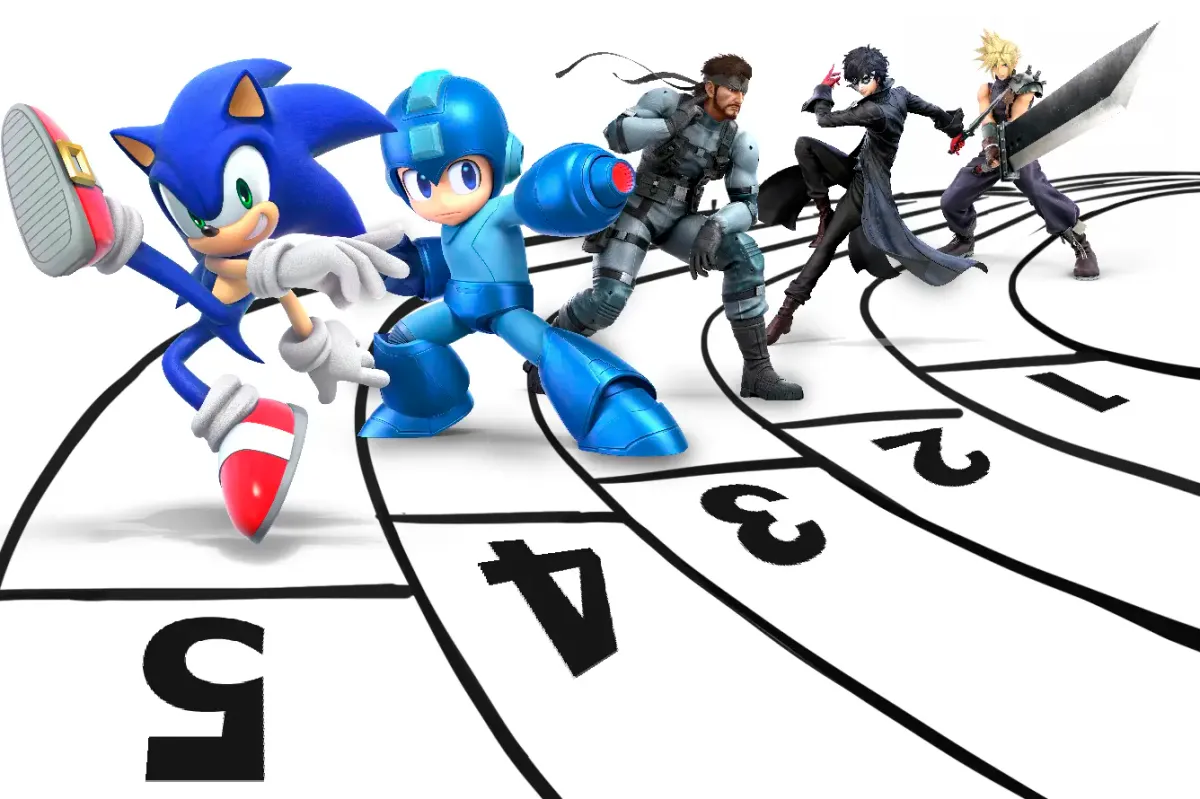
In East Asia, the largest gaming region in the world, companies are busily creating new and immersive environments powered by blockchain technology.
As the mobile-focused business model the market is pivoted on becomes increasingly reliant on in-game purchases, non-fungible tokens (NFTs) represent a way to give users creative control and ownership over their assets.
Karim Farghaly, SVP of corporate development at Japanese gaming giant Bandai Namco, believes that the absence of stigma towards Web3 in East Asia, especially compared to the Western Hemisphere, puts the region in a better position to lead the blockchain gaming revolution.
In a recent interview with Decrypt, he said, "I think that most likely, the very first games that will be successful in Web3 and crypto that will start bringing big audiences are going to be in Asia."
Blockchain gaming in East Asia
East Asia has been at the epicentre of previous gaming revolutions, and with a market of 1.7 billion players, this time may be no different.
China, Japan, and South Korea have 62 of the 100 top gaming companies in the world by market capitalization. Together with regional competitors, they made $72 billion in revenue in 2019, more than half the world's total.
In contrast to the cautious Western legislative approach, East Asian government policies generally support blockchain adoption. Japanese Prime Minister Fumio Kishida has declared Web3 to be a "new form of capitalism" and said that "NFTs can also be used to diversify the income of creators and maintain highly loyal fans."
Equally supportive of innovation, the Hong Kong government has created a dedicated task force to promote Web3 development.
Encouraged by this, large Japanese and Korean gaming publishers are ushering in blockchain technology far more quickly than their Western counterparts.
Building strong ties and loyalty with NFTs
From 2017 to 2023, the annual amount of money spent on gaming assets almost doubled, from $80 to $150 billion.
Farghaly believes NFTs offer a unique value proposition to gamers, especially those spending large sums purchasing in-game items.
According to him, "owning a digital asset, and the ability to trade the asset, sell that asset, keep that asset for a very long time…I think it is very interesting to gamers, especially gamers that tend to spend in games."
Robbie Ferguson, CEO of Immutable, shares Farghaly's enthusiasm, both for the East Asian market and for NFTs, which he believes to be "pivotal in redefining ownership within the Web3 gaming world."
Blockchain principles of ownership and asset sovereignty have appealed to the gaming world since the first stages of decentralized infrastructure development. Now, low-barrier and non-speculative NFTs are changing ownership standards in the digital world.
As the West struggles to find the balance between innovation and legislation, East Asian economies push forward for the win. And winning they are.

